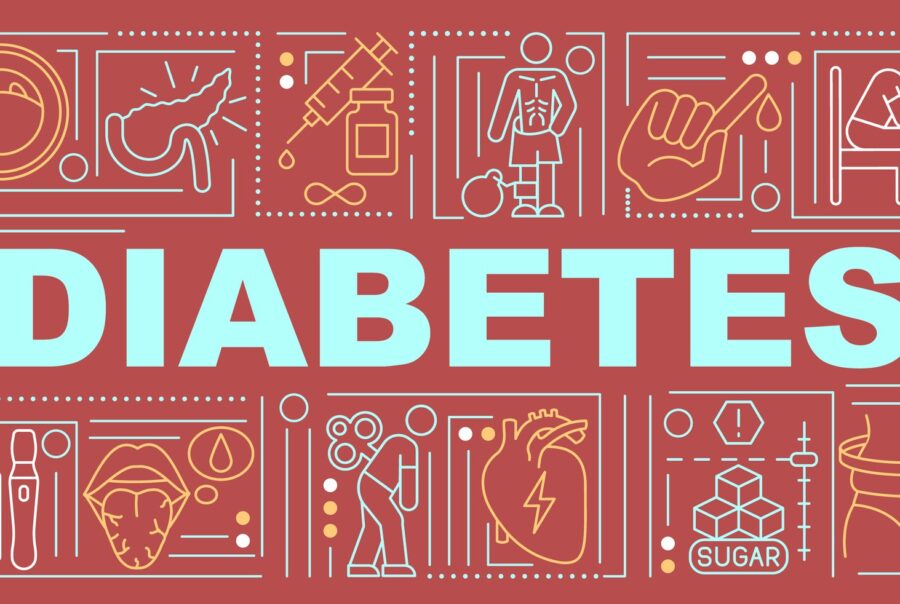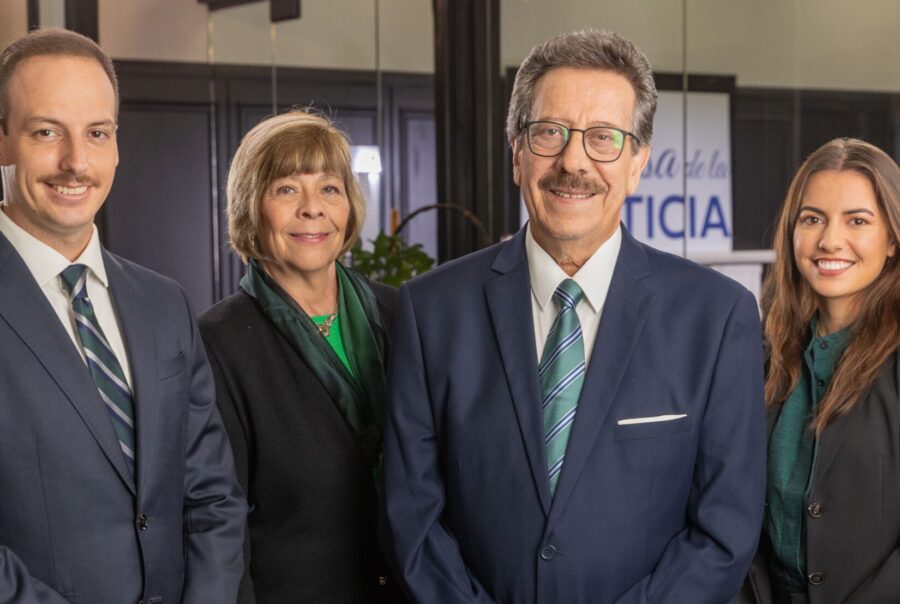
If I Pass Away, Will My Widow and/or Children Still Get My SSDI/SSI Benefits?
Social Security Disability Insurance (SSDI) and Supplemental Security Income (SSI) are there to provide essential support when life throws us a curveball. But what happens to these benefits if the person receiving them passes away? Thankfully, the SSA offers a program known as Survivor Benefits, designed to help support the loved ones left behind, easing their financial burden and providing them with necessary resources.
When an SSDI beneficiary passes away, certain family members may be eligible to receive survivor benefits.
Let’s check out who and how they are eligible.
Who Qualifies for Survivor Benefits?
Survivor benefits are typically available to the spouse, children, and sometimes even the parents of the deceased. The eligibility for these benefits depends on various factors, including the relationship to the deceased, age, and specific needs. Generally, if the deceased has accumulated enough work credits through their employment history, their family members might be entitled to receive these benefits.
Benefits for Widows and Widowers
A surviving spouse may be eligible for SSDI benefits under the following conditions:
- The surviving spouse is at least 60 years old or 50 if disabled.
- The surviving spouse is caring for the deceased beneficiary’s child who is under 16 or disabled and receiving child’s benefits.
Additionally, the duration of the marriage and the work history of the deceased play significant roles in determining eligibility.
The amount of survivor benefits a widow or widower can receive depends on the deceased’s earnings record. Widows and widowers may start receiving benefits as early as age 60, but starting early may reduce the monthly amount. Full benefits are available once the survivor reaches full retirement age, providing them with the maximum possible benefit.
Benefits for Children
Children of the deceased may also be eligible for SSDI survivor benefits if they are either:
- Under 18 years old and unmarried.
- Between 18 and 19 years old and are full-time students (no higher than grade 12).
- Over 18 years old but became disabled before the age of 22.
The relationship to the deceased and the work history of the parent are crucial factors in determining eligibility.
These payments will be given until the child reaches 18 or 19 if they are still attending school. For disabled children, benefits may continue for as long as the disability persists.
What Happens to SSI Benefits After Death?
Unlike SSDI, SSI benefits do not extend to survivors. When an SSI recipient dies, their benefits will come to an end. Family members, including widows and children, are not eligible to continue receiving these payments. However, survivors may apply for other Social Security benefits they may qualify for, such as spousal retirement benefits.
Dealing with the aftermath of a loved one’s death is emotionally challenging, and understanding the eligibility and application process for benefits can add to the stress.
If you find yourself in this situation, seeking the expertise of a legal professional can make a significant difference. We at Casa de la Justicia, can provide the necessary support to ensure that you or your loved ones receive the benefits they are entitled to.
Steps to Take After the Beneficiary’s Death
Promptly inform the SSA of the beneficiary’s death to avoid overpayments that will need to be returned.
Have the deceased’s Social Security number (both the deceased’s and the survivor’s), the deceased’s death certificate, proof of relationship (like marriage or birth certificates), and possibly the deceased’s recent earnings records.
If a claim was pending at the time of the deceased’s death, the heir might be able to recover the amount that was owed if the claim was wrongfully denied. It’s important to discuss this with a legal consultant like Casa de la Justicia who can help you understand the process and ensure that any owed benefits are properly claimed.
Contact us at 1 800 840 4040 to help you evaluate the extent of your situation and help you open a case with SSA to get these benefits as soon as possible if you or who’s requesting does qualify.
Conclusion
The loss of a loved one is an incredibly difficult time, compounded by financial uncertainties. Understanding the degree of SSDI and SSI benefits can provide some clarity and assurance. While SSI benefits cease upon the recipient’s death, SSDI benefits can provide crucial support to surviving spouses and children. Seeking professional legal guidance from firms like Casa de la Justicia can ensure that you navigate these waters with the best possible advice and support.
WINNING begins with a CALL

Casa de la Justicia
your lawyers for all your legal situations








